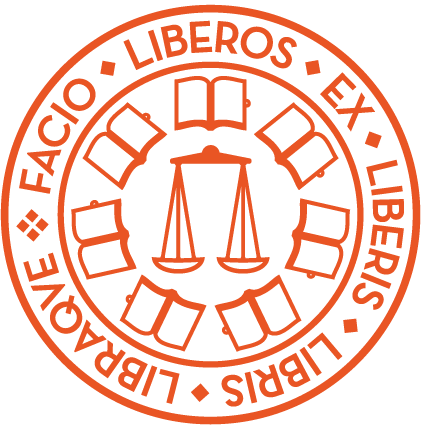
About The Graduate Institute
Our History
1967 — The Teachers Institute in Liberal Education, an eight-week summer program, was started on the (then three year-old) Santa Fe campus. The only segment offered was Politics & Society, but, instead of the chronological syllabus used today, students began with Freud’s Civilization and Its Discontents, Marx’s Economic and Philosophic Manuscripts, Mill’s On Liberty, and Nietzsche’s Genealogy of Morals, before returning to the ancients.
1968 — Teachers Institute is renamed the Graduate Institute. Literature & Poetry and Philosophy & Theology segments are offered for the first time.
1969 — Mathematics & Science segment is offered for the first time. (Literature & Poetry is renamed Literature.)
1977 — Graduate Institute begins on the Annapolis campus.
1978 — History segment is offered for the first time (in Annapolis only.)
1982 — Classes are offered year-round for the first time (in Santa Fe only.)
1994 — The Eastern Classics Program is inaugurated on the Santa Fe campus.
2015 — Graduate Institute in Santa Fe offers the Summer Greek Institute and the Summer Film Institute for the first time.
2016 — Graduate Institute in Santa Fe offers the Summer Islamic Institute for the first time.
2017 — The Summer Film Institute in Santa Fe is incorporated and administered by the Santa Fe Summer Classics Program.
2020 — The Graduate Institute at both campuses begins temporarily offering classes completely online as a response to COVID-19.
2021 — The Low-Residency Program is offered by both campuses for the first time, providing online classes in the Graduate Institute so that students can receive their degree virtually from anywhere in the world.
Our Seal
“I’ve spoken a couple of times in the past about the seal of the college. Are those of you who are joining us today for the first time familiar with it? You can find it in many places around campus — for instance, it is embedded in the brick section of the quad, before the steps descending toward the playing fields and College Creek. The seal is circular and features a picture of a balance-scale, surrounded by seven books representing the seven liberal arts. Inscribed around the edges of the seal is a motto in Latin:
‘Facio liberos ex liberis libris libraque.’
Or, less alliteratively, in English,
‘I make free people out of children by means of books and a balance.’
In earlier talks I’ve wondered about the applicability of the seal to the Graduate Institute, and what it might mean to assert that students in the GI come to the program as ‘children.’ Today, though, I want to take a different tack and push back a little against the motto on the seal. I want to think about what it means to learn as an adult. To explore this, I will talk about an adult I spent a lot of time thinking about with my literature seminar this past semester – the ‘man of many ways,’ Odysseus….”
Read Dean Langston’s full speech here.

In Memoriam: Authors and Their Works That Used to Make the (Reading) List


